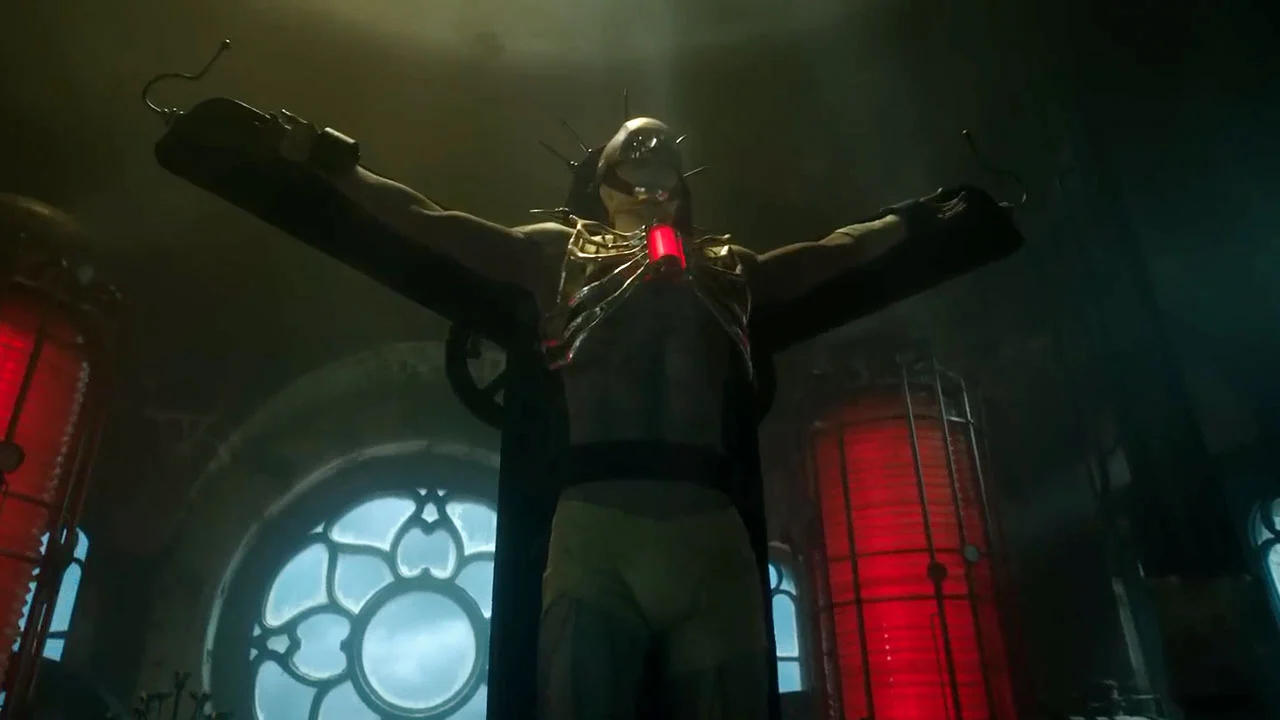Guillermo del Toro’s Frankenstein Adapts Most Ignored (and Scary) Part of the Book
Our first good look at Guillermo del Toro's Frankenstein proves just how much of a fan the auteur is of Mary Shelley's misunderstood novel.

Whereas most of the novel takes place actually at the end of the Enlightenment era of the 19th century—the glory days of Mary’s famous philosophical and activist parents—the only “modern” part of the story is to compare the zeal for discovery in Victor with what was only a dawning fascination in the 19th century with discovering the North Pole (a feat that wouldn’t actually be accomplished until the early 20th century).
In the book, Victor’s tale of obsession for greatness causes a captain who has led his men to becoming stuck in the Arctic ice to reflect on the potentially lethal consequences of his ambitions—especially after he meets the Monster who later verifies Victor’s story by mourning over the scientist’s body.
The framing device is fascinating because of where it places the story in history, but also because it elevates the tragedy of the so-called Monster and his Creator. Who was really hunting who at the end of the world in the North Pole, and who is truly the monster? The Creature did terrible things, but how much of that is Victor’s fault for abandoning his progeny to a lifetime of loneliness hatred, and despair, including by that which gave him life? Both suffer tragic fates in the end in the cold. Unloved and unremembered, except by one sea captain no one will believe.
While it remains to be seen if del Toro is doing a straight-ahead faithful adaptation of the novel—in fact we can assume he is not since Isaac’s Victor dresses more like a Victorian of the mid-19th century than a contemporary of Voltaire or Thomas Jefferson, and we also know that Burn Gorman appears in the movie as Fritz, a character created by Universal Pictures in the iconic 1931 film adaptation starring Boris Karloff—it is fascinating to see the master filmmaker returning to the source material.
It also raises questions of just where he will go with Jacob Elordi’s intentionally obscured and hidden Monster. We know from the trailer’s end with the Monster attacking the crew of the North Pole-bound ship (a beat also, we might add, is not in the novel) that he has the power of speech. It will be curious indeed to learn if he proves to be a Milton-esque philosopher demon, which is also a largely ignored element of Shelley’s original story.
Frankenstein is expected to premiere in November on Netflix.


















:max_bytes(150000):strip_icc():focal(722x391:724x393)/Offset-Cardi-B-Stefon-Diggs-060225-tout-e39bd4d1f4604332b44fbeaea1329617.jpg)

.jpg?width=1200&auto=webp&quality=75)

